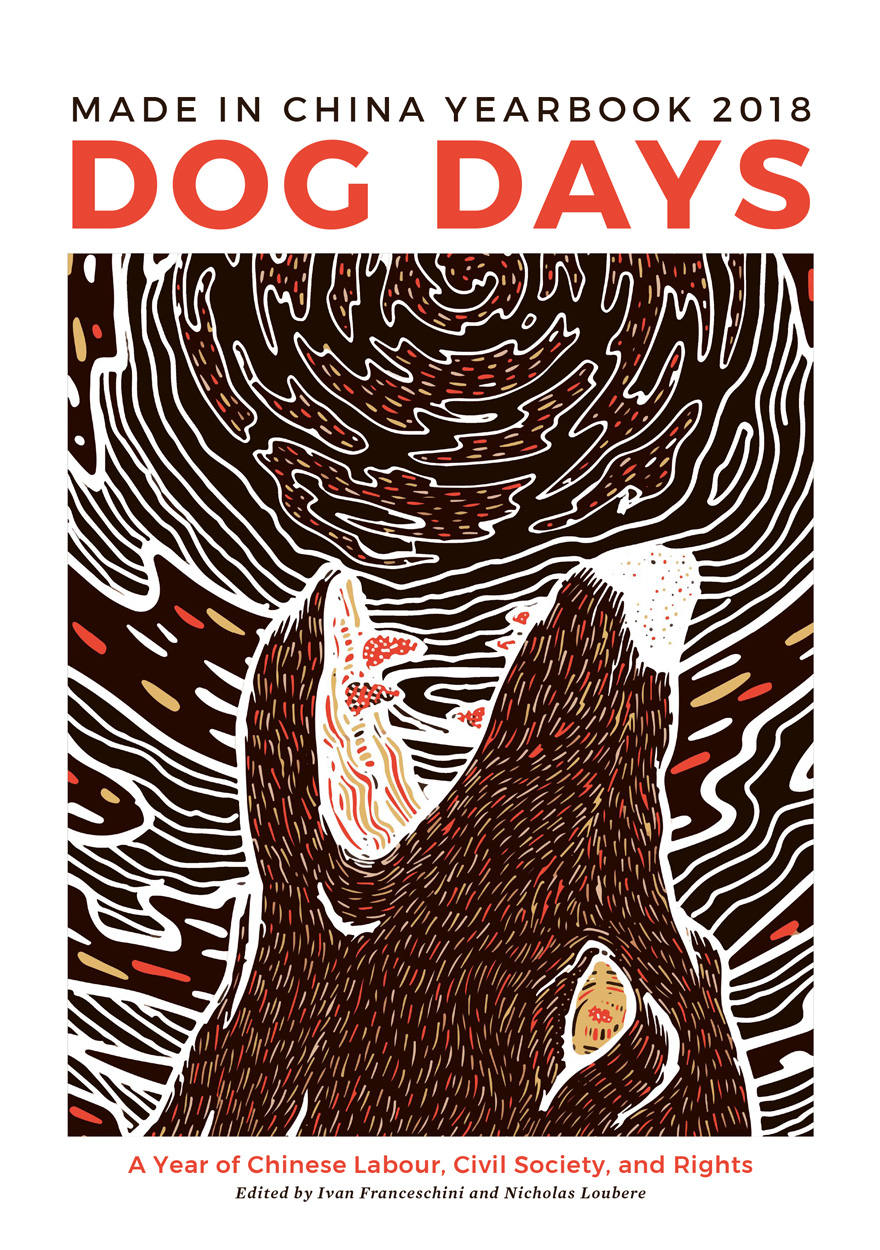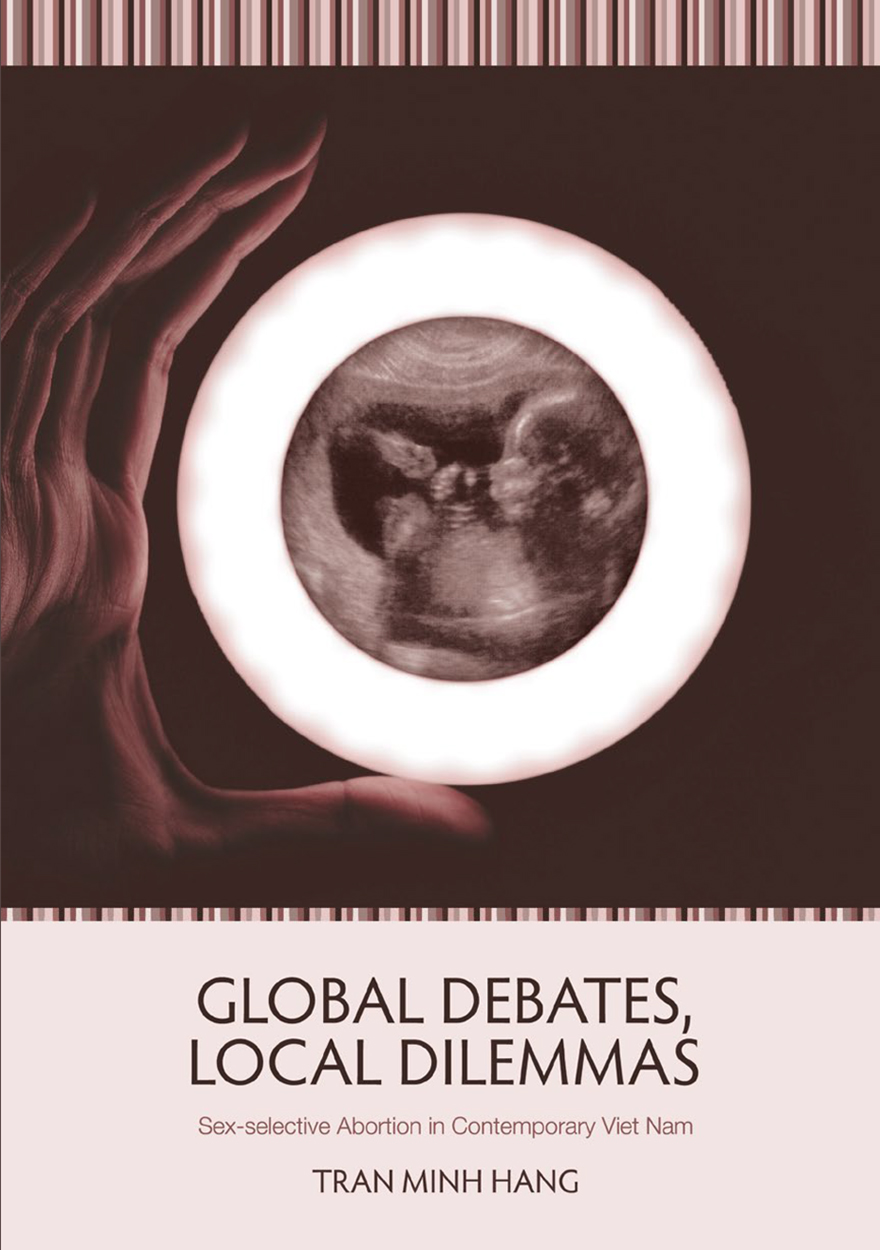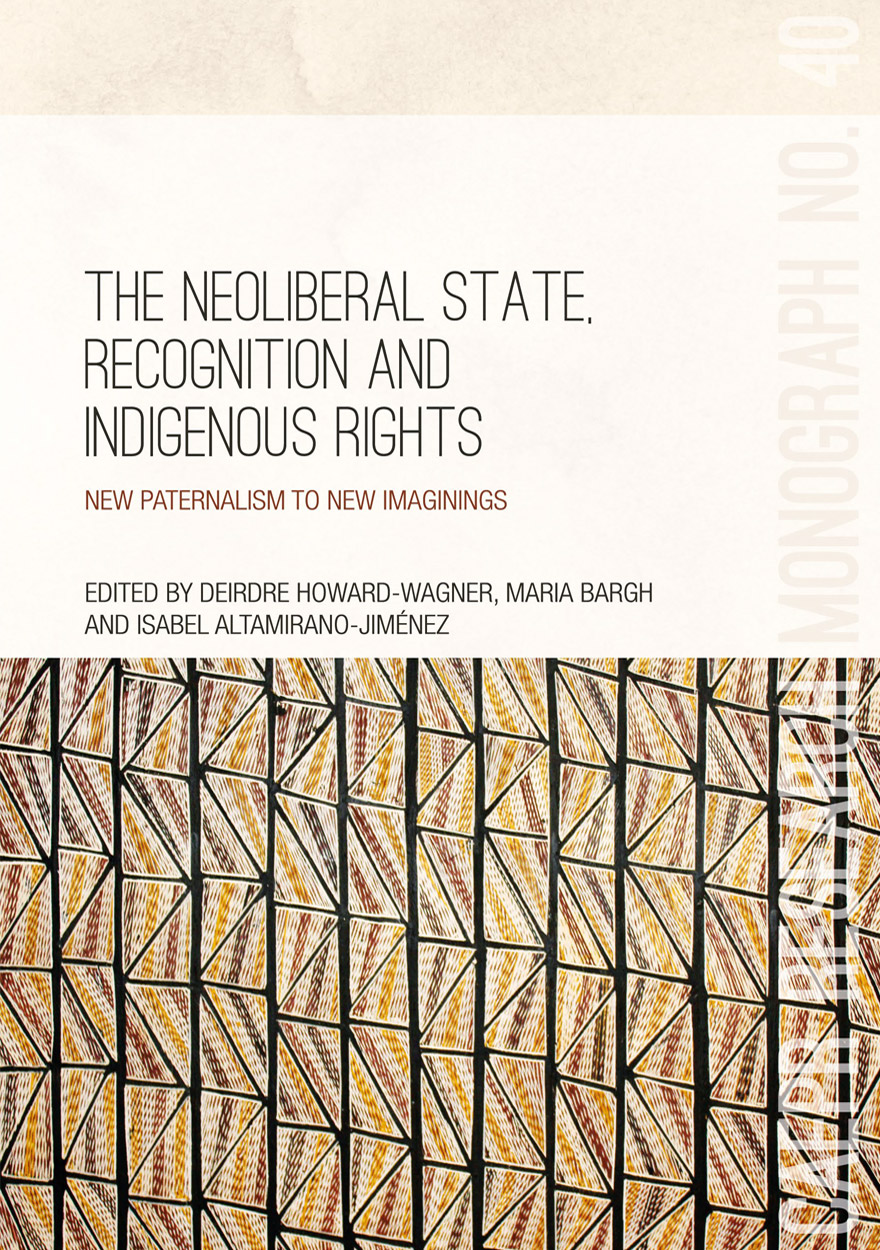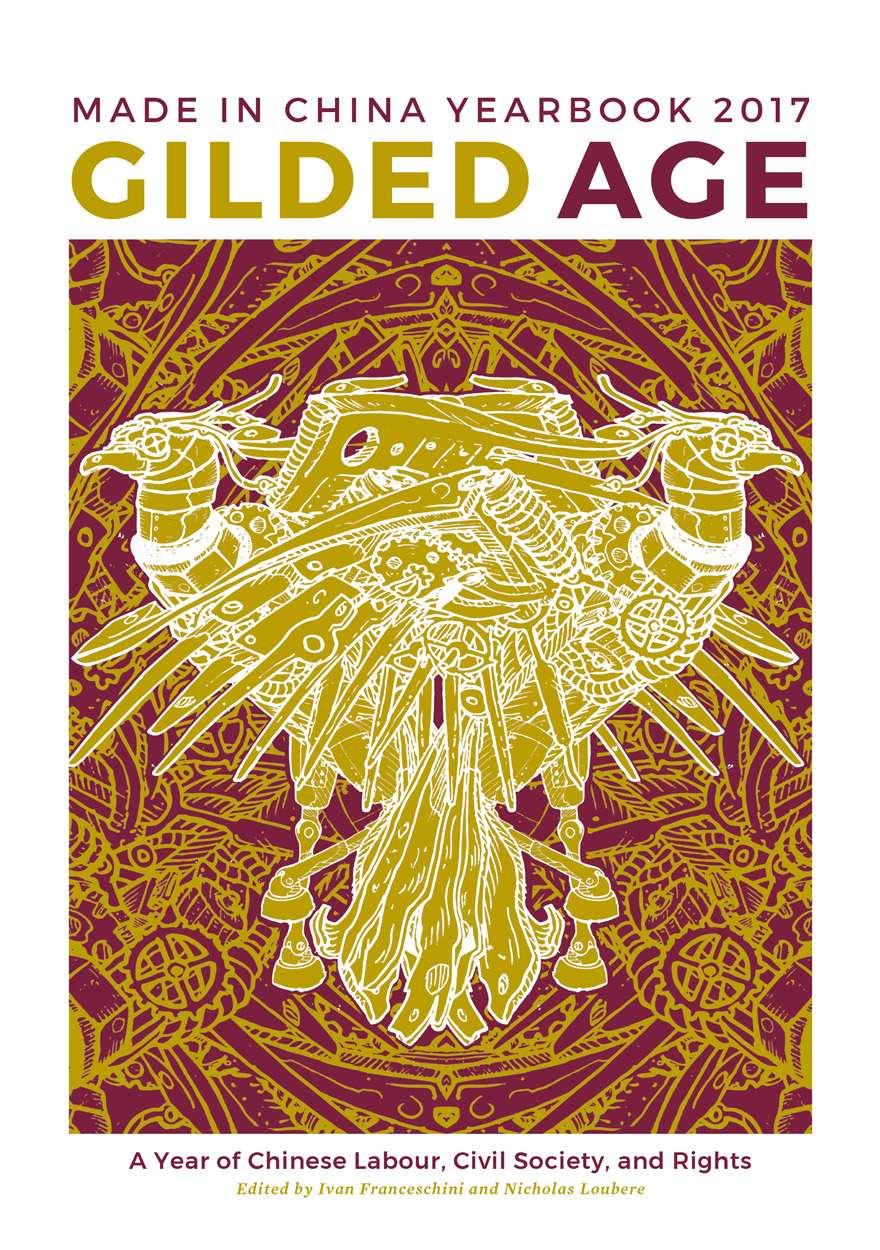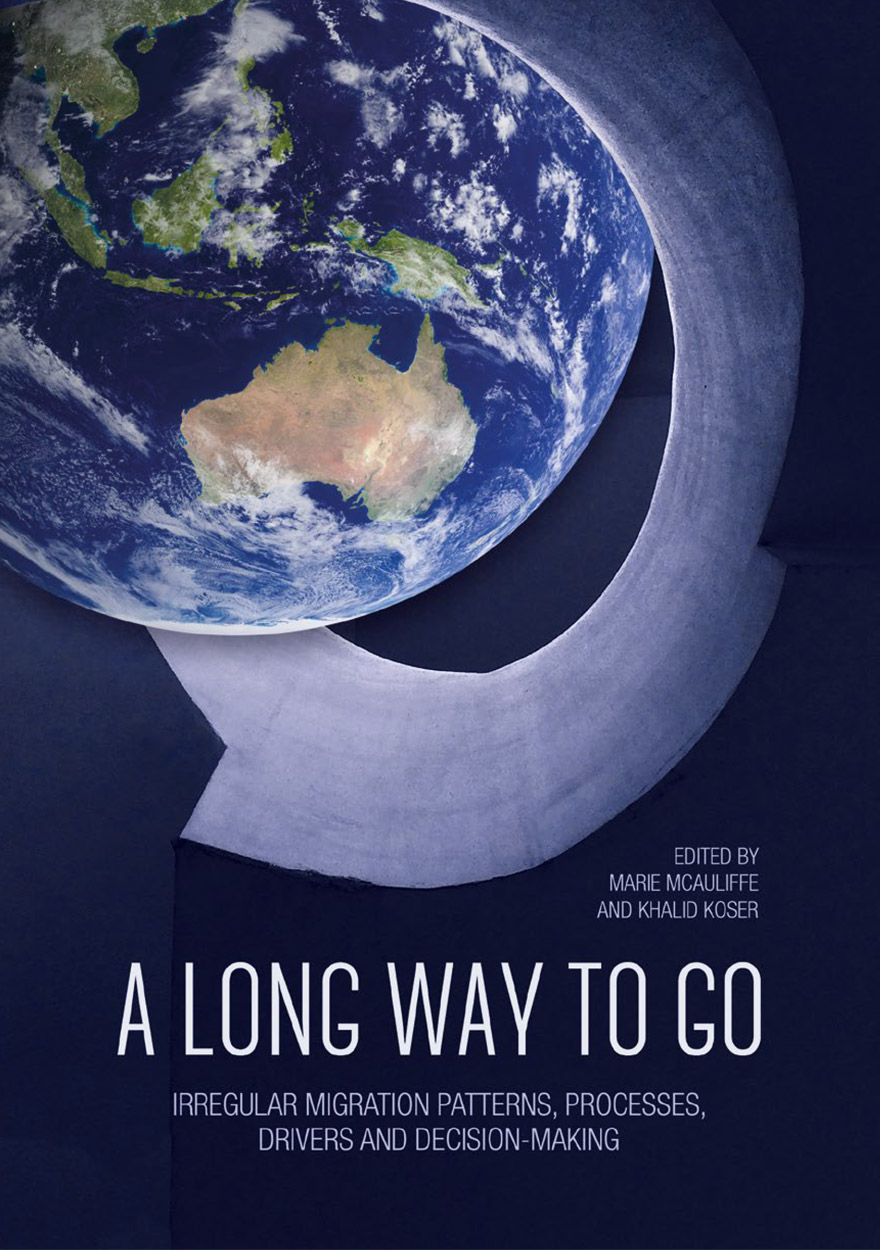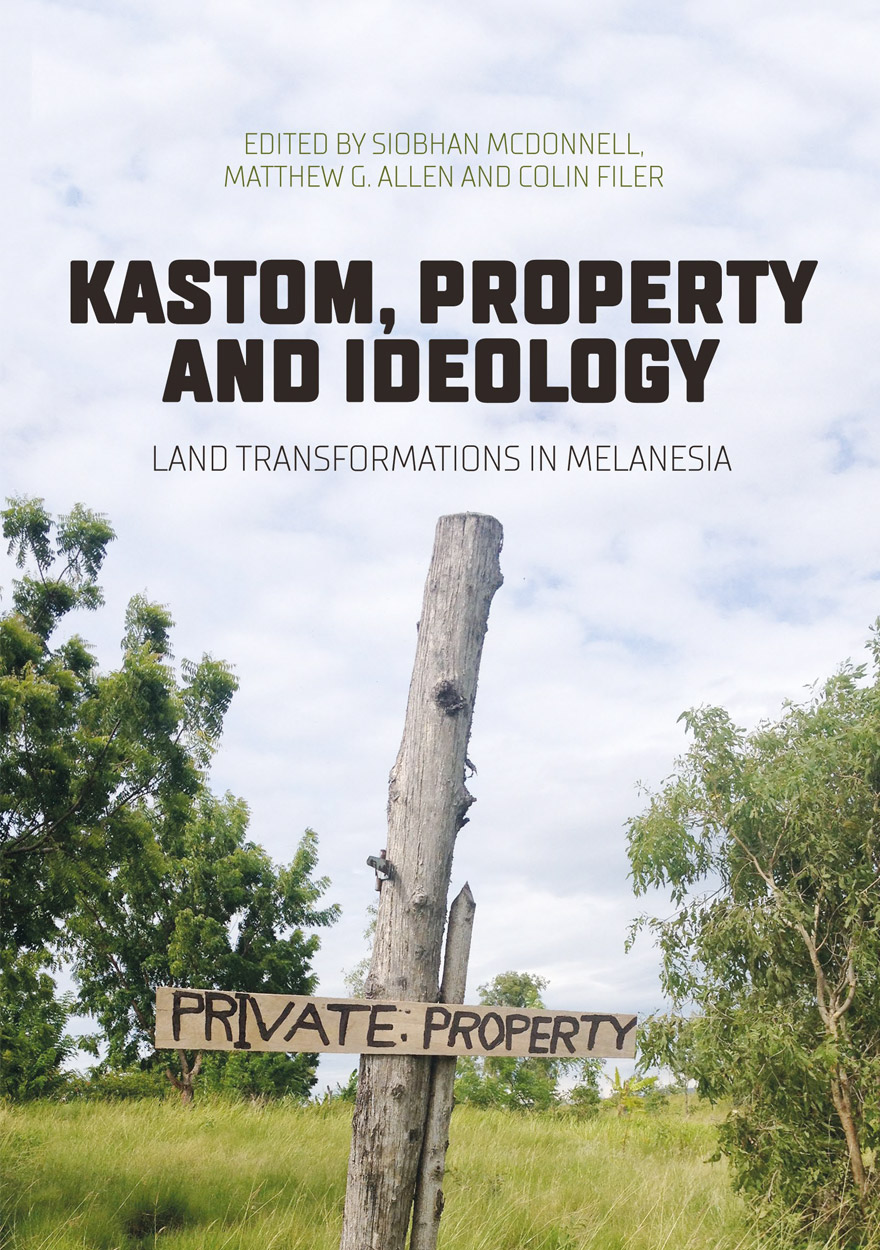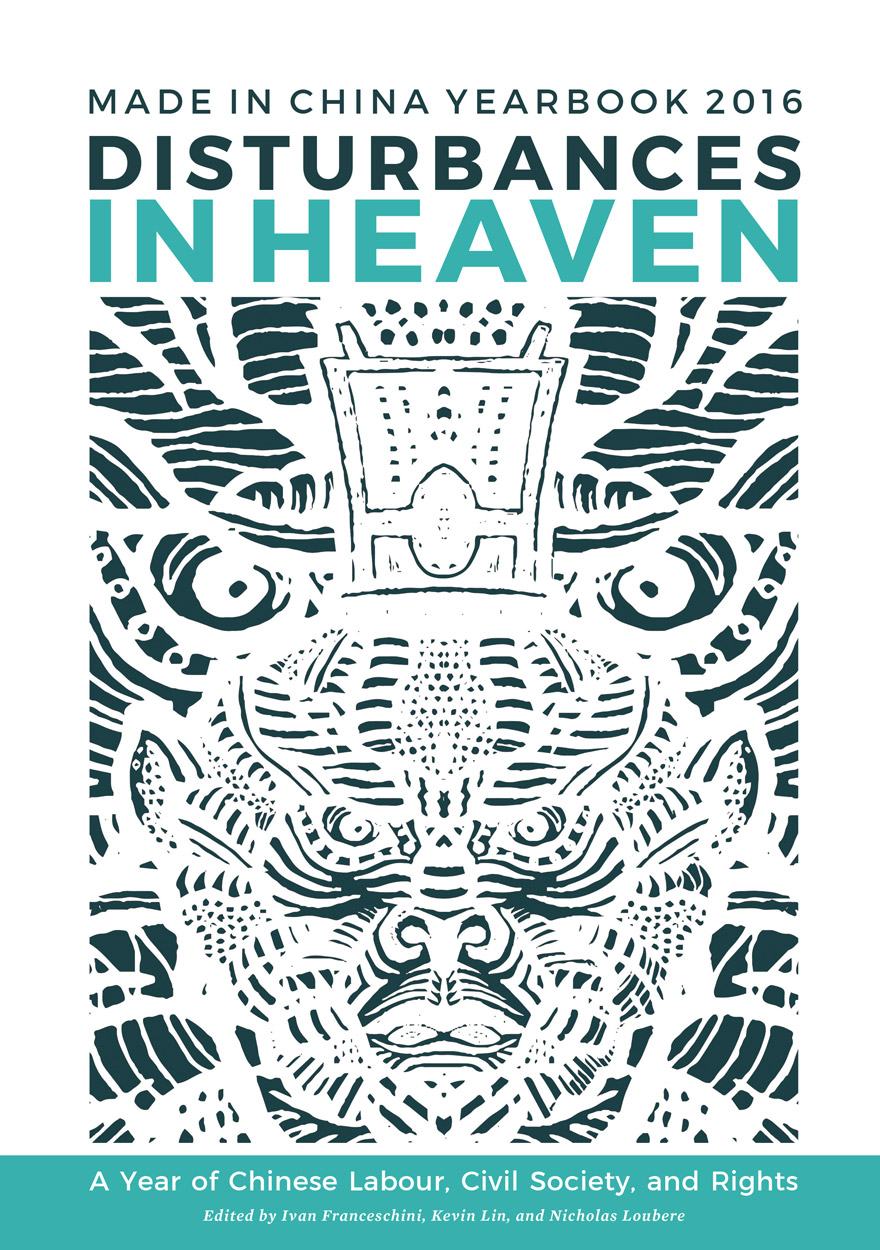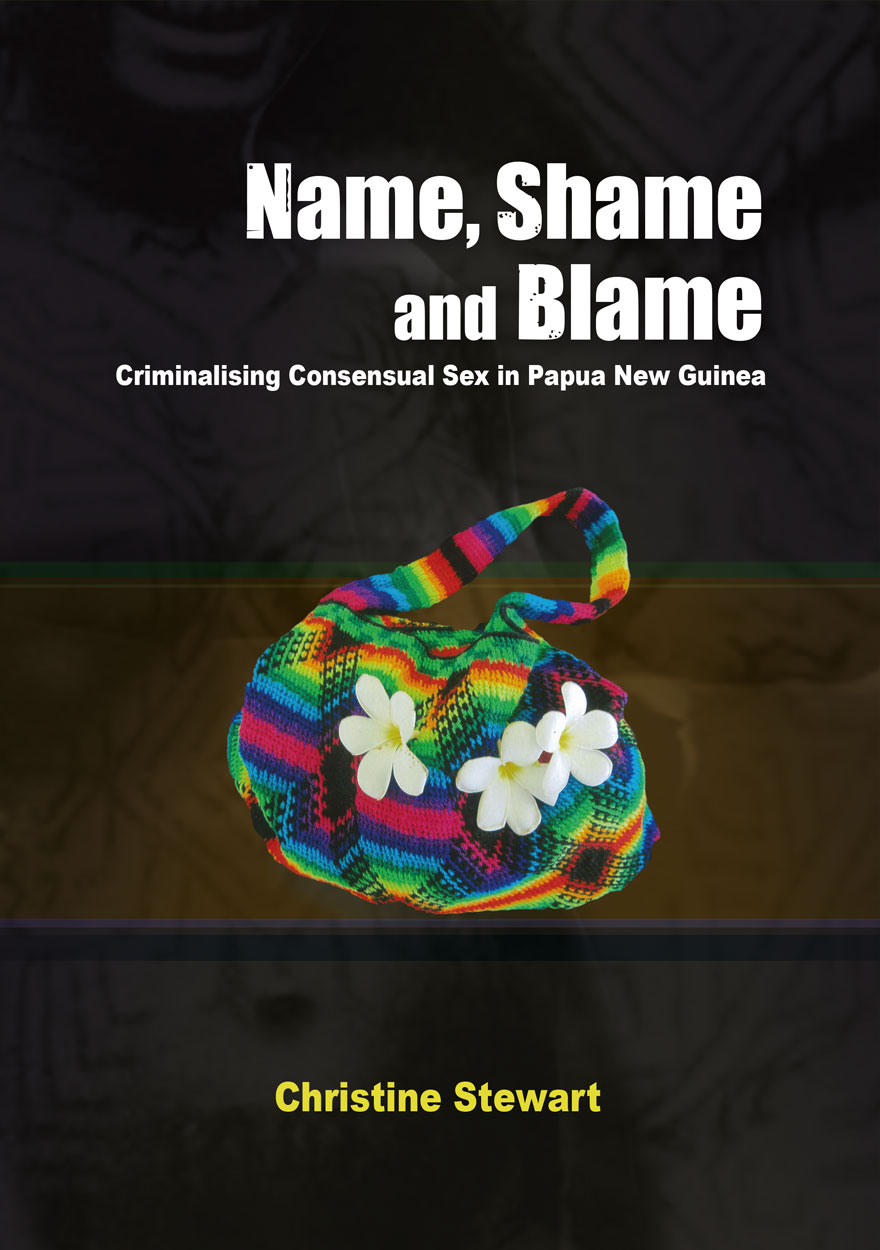
Name, Shame and Blame
Criminalising Consensual Sex in Papua New Guinea
Authored by: Christine StewartPlease read Conditions of use before downloading the formats.
Description
Papua New Guinea is one of the many former British Commonwealth colonies which maintain the criminalisation of the sexual activities of two groups, despite the fact that the sex takes place between consenting adults in private: sellers of sex and males who have sex with males. The English common law system was imposed on the colonies with little regard for the social regulation and belief systems of the colonised, and in most instances, was retained and developed post-Independence, regardless of the infringements of human rights involved.
Now the HIV pandemic has thrown a spotlight, not altogether welcome, on the sexual activities of these two groups. In Papua New Guinea, a growing body of behavioural research has focused on such matters as individual sexual partnering, condom use and awareness of HIV. My work, however, has a different purpose. I chose the terms in the title to highlight a nexus which I believe exists between the criminal law and negative attitudes of society. At an international level, the argument has been put that decriminalising sex work and sodomy will facilitate HIV epidemic management, reducing the stigma and discrimination these groups encounter and making them easier to reach. I undertook my research therefore with the aim of gaining deeper understanding of the effects the current situation of criminalisation might have on the social lives of these criminalised people today, in the country generally and in Port Moresby the capital in particular, and whether these effects might provide evidence to support the argument for law reform.
This is a rich and well-researched study of the legal, social and moral issues surrounding the criminalisation of two forms of consensual sex…. A very impressive piece of work, it is extensively documented, relies on a wide range of material and makes a clear and coherent argument about the place of law in producing identities and exclusions…. The attention to change over time and the complexity of the ways in which sexual behaviour is enacted and punished is a particular strength of the book.
—Professor Sally Engle Merry, Anthropology, Law and Society, New York University
This book is an exceptional contribution to our knowledge of the nexus between the criminal law and negative attitudes of society, and what effects criminalization has on the social lives of prostitutes and males who have sex with males, and whether these effects might provide evidence to support the argument for law reform…. The author’s experience of Papua New Guinea allows her to comment in depth on such matters as the United Nations’ human rights approach to the HIV epidemic and their call to decriminalize all sexual acts between consenting adults…. She shows that criminal laws—with the help of the normative discourse of religion and media—underpin and legitimize high levels of stigma, discrimination and abuse of prostitutes and males who have sex with males…. The quality of the writing and general presentation are exceptional.
—Laura Zimmer-Tamakoshi, Truman State University (retired)
Details
- ISBN (print):
- 9781925021219
- ISBN (online):
- 9781925021226
- Publication date:
- Dec 2014
- Imprint:
- ANU Press
- DOI:
- http://doi.org/10.22459/NSB.12.2014
- Disciplines:
- Arts & Humanities: Cultural Studies; Law; Social Sciences: Anthropology, Social Policy & Administration
- Countries:
- Pacific: Papua New Guinea
PDF Chapters
Please read Conditions of use before downloading the formats.
- List of Illustrations (PDF, 72KB)
- Dedication (PDF, 51KB)
- Acknowledgements (PDF, 89KB)
- Glossary (PDF, 145KB)
- Maps (PDF, 792KB)
- Prologue. The Perfect Storm (PDF, 63KB)
Reviews
Responding to calls for ‘fresh thinking’ (p. 1), in Name, Shame and Blame: Criminalising Consensual Sex in Papua New Guinea, Christine Stewart provides a tour de force examination of the ways legal and colonial discourses in Papua New Guinea (PNG) work to establish control over colonial subjects and contemporary citizens by criminalizing consensual sex between adults in private. … the book's force lies, not only in the sensitive and respectful disclosure of the hidden and unheard lives of stigmatized and oppressed individuals, but also in its potential to open up understanding and conversation on a topic that will continue to vex law makers and society in PNG.
—Michelle Nayahamui Rooney, The Journal of Pacific History, Vol 52(4), 2017
The full review can been read on the Taylor and Francis website
Other publications that may interest you




